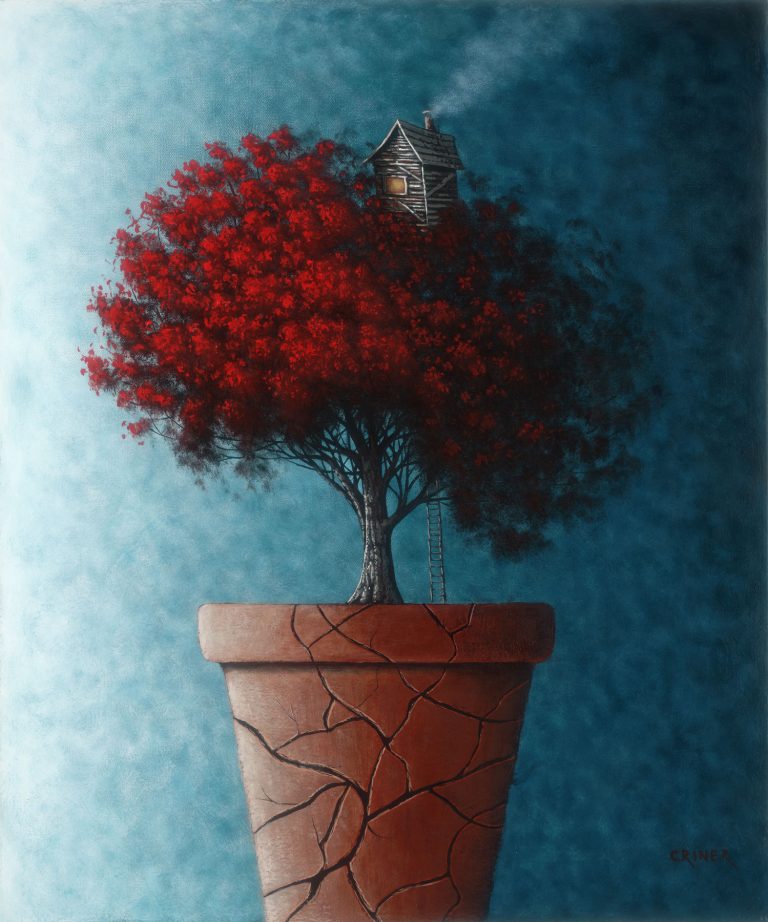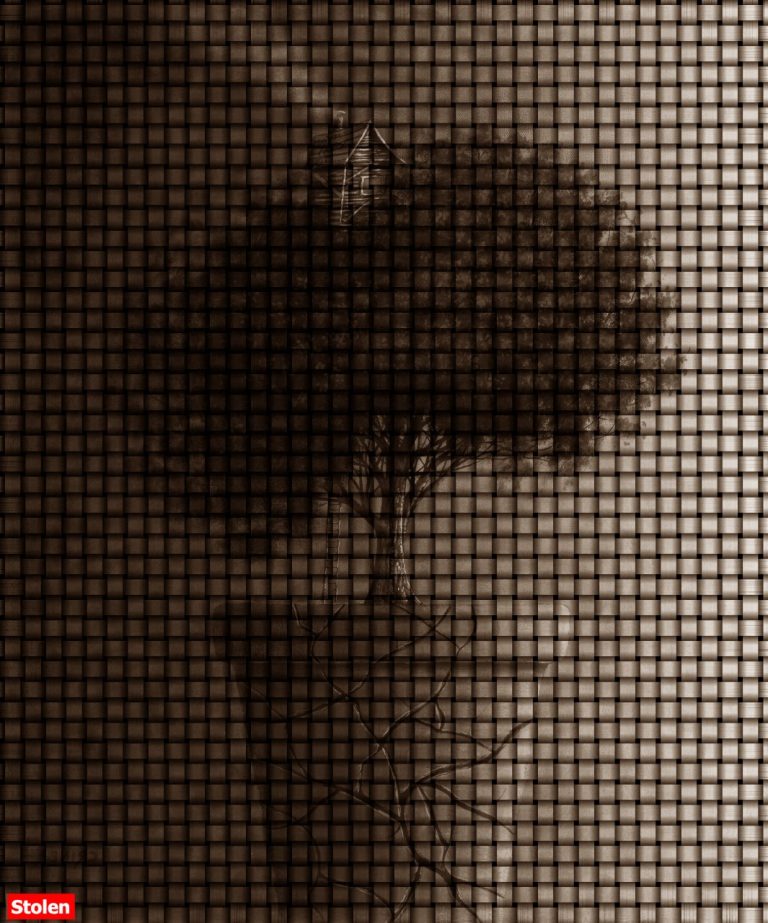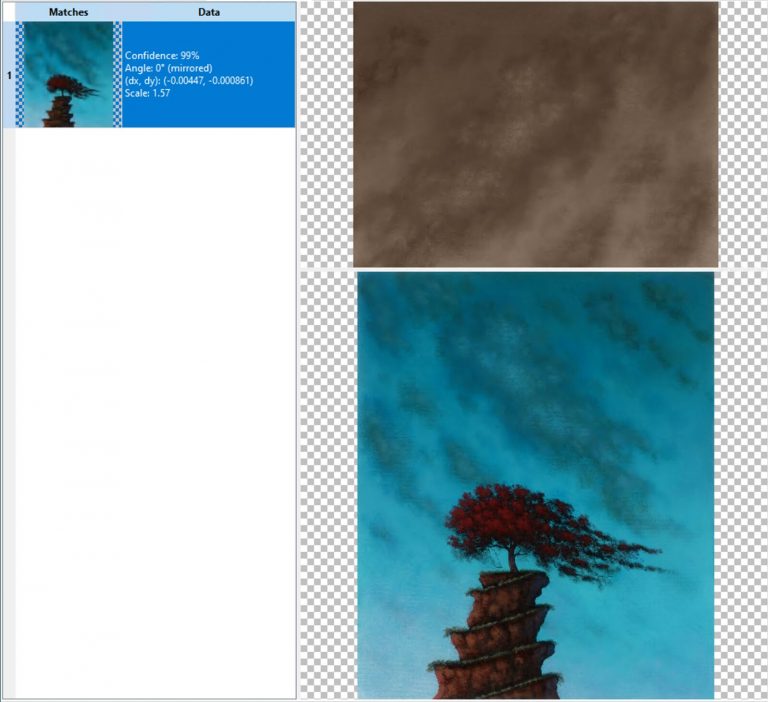Despite an artist’s best efforts to protect their work- watermarks, signatures, trademarks… their art can still be stolen. It seems that the only way an artist can really find if their work has been taken is if they stumble across it themselves.
Let’s look at two examples of what could happen if an artists finds out they are a victim of art theft too late.
Situation 1 – Using Social Media
You’re on social media, scrolling through accounts you may want to follow. You scroll down and find a post featuring your original artwork. It was posted one week ago, but you had no knowledge of this. The person has cropped your signature out of the image. They enhanced the colors slightly.
The poster will not specify who created the work. They ignore all comments asking if they created it, so people assume it’s the thief’s original creation. Perhaps they outright lie because they think they can get away with it. After all, you don’t have that many followers yet. Any disapproving comment from you will get lost in sea of undeserving praise.
They gain views because of your image. The followers that you should be getting, the traffic that should be going to your profile or website- it’s all going to the digital bandit.
You’re missing those private messages. You won’t be able to access any offers to collaborate, commission requests, and important feedback that may be sent. You know that the people who want to be seeing more of your work will later be confused when they can’t find your style.
Despite your comments and messages to the poster, they will not remove it or credit you. By the time it’s reported and the website takes it down, the followers will not know it was stolen because you found it too many days after it was posted.
If only there was a way to get notified the day the thief posted it.
Situation 2 – On a Digital Marketplace
You are online shopping. The website you are on is a digital marketplace that consists of many small businesses. You stumble across a pillow with a beautiful piece of art printed on it that seems a bit too familiar… and you realize it’s yours.
You notice the sales and reviews of the product. They’ve made quite a bit of money off of your work. Your art has been selling for months, and someone else is getting all the profits.
However, that’s not the only thing wrong about this. Perhaps this specific drawing means a lot to you for several reasons. It could’ve been created as a tribute to someone. And this wasn’t what you pictured that would happen with this piece- it being plastered on scratchy pillow fabric, sitting in the homes of random people that have no idea the significance of it. There are mixed reviews, criticizing how the pillow felt cheap, or came apart easily, but the design matched their decor.
You can’t undo what’s already been sold, despite reporting the product. It’s been up for too many months before you found it.


